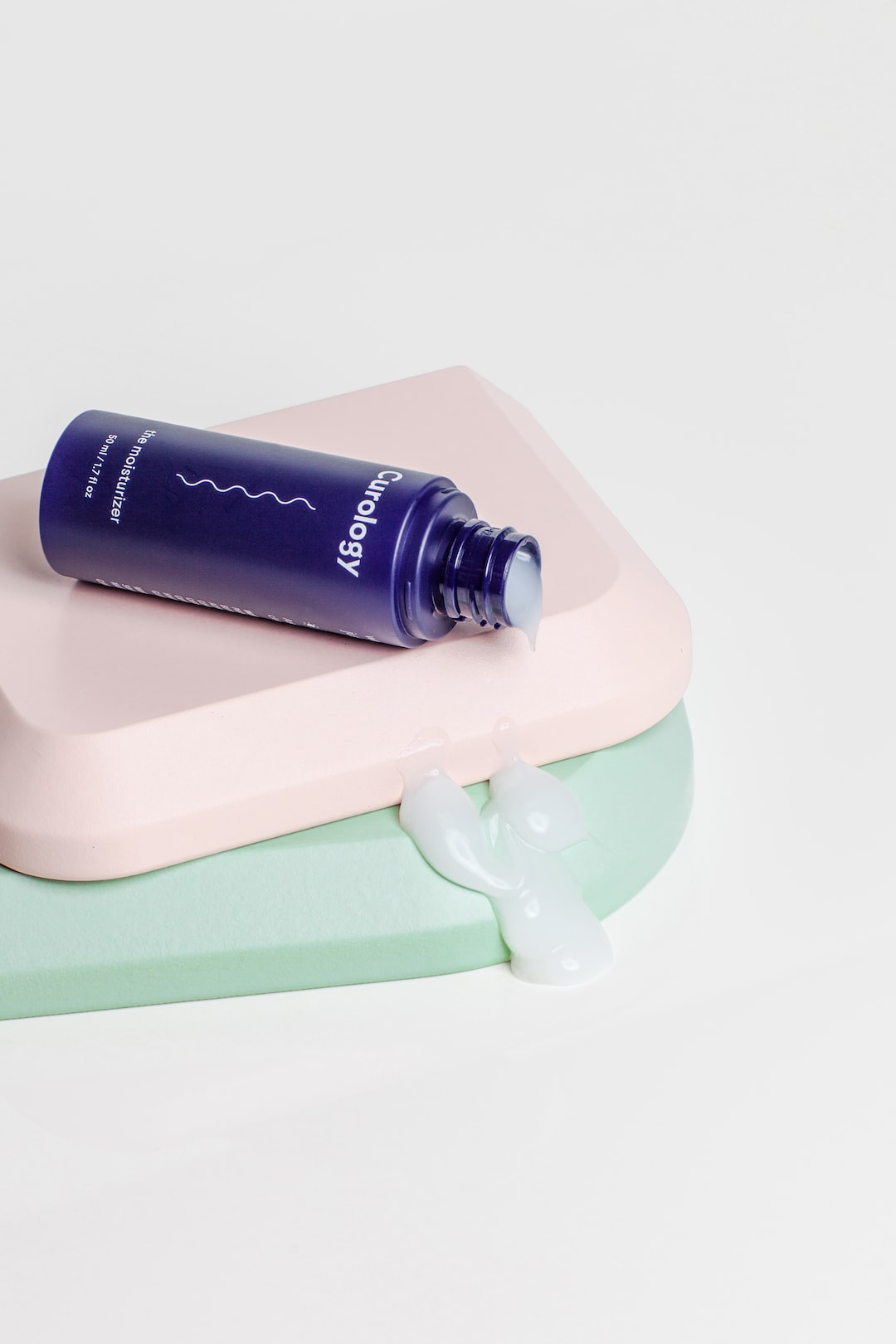The Benefits of Exfoliation and Choosing the Right Product for Your Skin
Exfoliation is an essential step in any skincare routine that often goes overlooked. Many people underestimate the power of exfoliation and the incredible benefits it brings to the skin. From unclogging pores to revealing a brighter complexion, incorporating exfoliation into your skincare regimen can work wonders for your skin. However, it is important to choose the right exfoliation product that suits your skin type and needs.
One of the primary benefits of exfoliation is its ability to remove dead skin cells from the surface of the skin. As skin cells regenerate, the old and dead cells tend to accumulate, leading to a dull and uneven complexion. By exfoliating regularly, be it with a physical or chemical exfoliator, the dead skin cells are gently sloughed off, allowing fresh, radiant skin to emerge.
Exfoliation also helps prevent clogged pores and acne breakouts. When dead skin cells build up on the surface of the skin, they can mix with excess sebum, dirt, and bacteria, resulting in blocked pores. This can lead to acne, blackheads, and whiteheads. Regular exfoliation ensures that the skin remains clear of any obstructions, reducing the chances of acne breakouts and promoting a clearer complexion.
In addition to these immediate benefits, exfoliation also aids in minimizing the appearance of fine lines and wrinkles. As we age, the cell turnover process slows down, causing dead skin cells to linger on the surface for longer periods. This can make fine lines and wrinkles appear more prominent. By incorporating exfoliation into your skincare routine, you stimulate cell turnover, promoting the growth of new skin cells. This, in turn, helps to reduce the appearance of fine lines and wrinkles, giving you a more youthful, smooth complexion.
Choosing the right exfoliation product is crucial to achieving the desired results without causing any harm to your skin. There are two main types of exfoliators: physical and chemical. Physical exfoliators typically come in the form of scrubs, brushes, or sponges. They work by physically sloughing off the dead skin cells from the skin’s surface. Chemical exfoliators, on the other hand, use acids or enzymes to dissolve the bonds between the dead skin cells, allowing them to be easily removed.
When selecting an exfoliator, consider your skin type and sensitivity. If you have sensitive or acne-prone skin, it is best to choose a gentle exfoliator with smaller particle sizes. Avoid harsh or abrasive ingredients that can cause irritation. Chemical exfoliators, such as those containing AHAs (alpha hydroxy acids) or BHAs (beta hydroxy acids), are usually well-tolerated by most skin types. However, if you have excessively sensitive skin, it is always advisable to do a patch test before applying any new product to your face.
Remember, consistency is key when it comes to exfoliation. While the frequency of exfoliation varies from person to person, it is generally recommended to exfoliate 1-3 times a week. Over-exfoliation can lead to irritation and damage to the skin’s natural barrier, so it’s important to find a balance that works for your skin.
Exfoliation is a powerful tool that can transform your skin by improving its texture, tone, and overall appearance. By choosing the right exfoliation product for your skin type and needs, and incorporating it into your skincare routine, you can unlock the amazing benefits of exfoliation and enjoy a radiant, healthy complexion.

